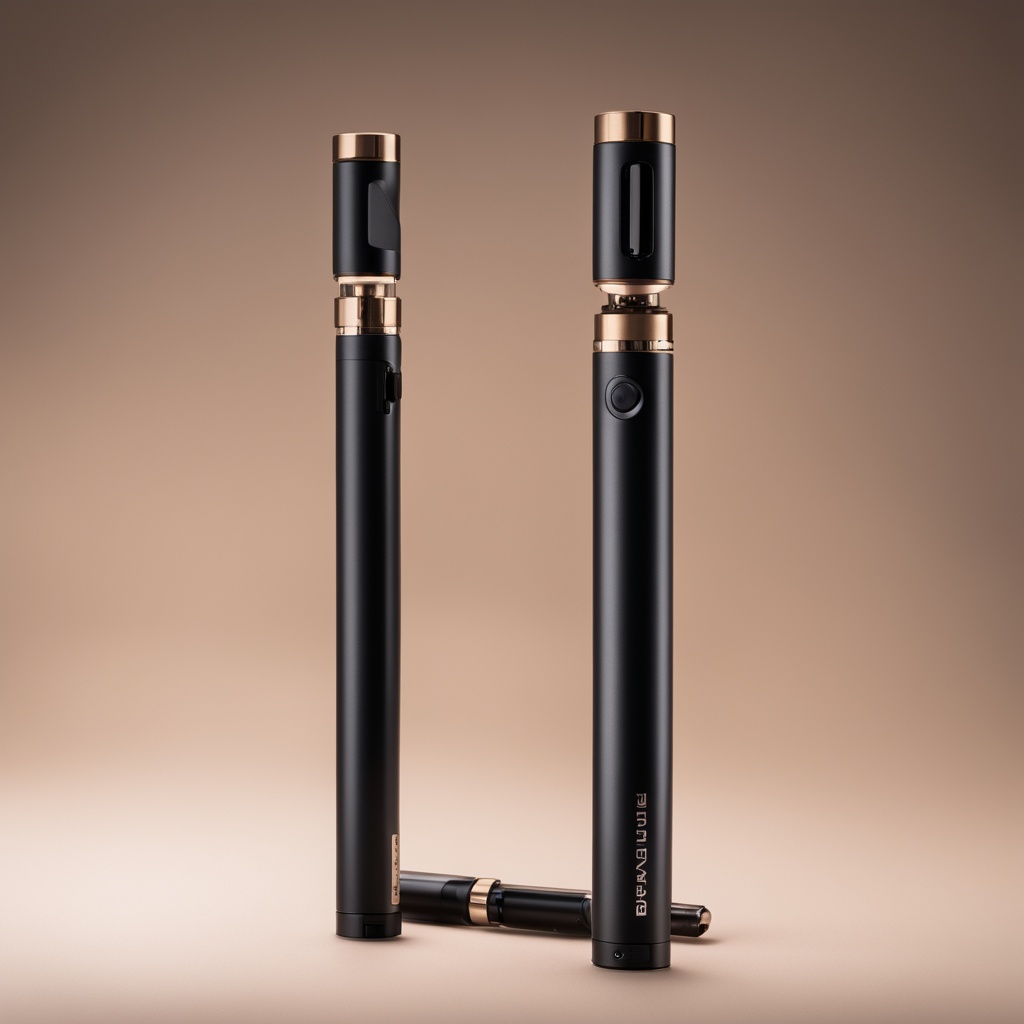Are iGet Vapes Safe E-Cigarettes? A Comprehensive Analysis
As vaping continues to surge in popularity across Australia, questions about the safety of specific brands like iGet vapes have become a hot topic. With their sleek designs and wide flavor variety, these devices are a favorite among enthusiasts. But how safe are they really? Let’s dive into the details to separate fact from fiction.
Understanding the Components of iGet Vapes
To evaluate safety, we must first examine what’s inside an iGet vape. Most devices contain:
- Nicotine salts (optional)
- Propylene glycol (PG)
- Vegetable glycerin (VG)
- Flavoring agents
While PG and VG are generally recognized as safe for consumption by regulatory bodies, their long-term effects when inhaled remain under study. The lack of combustion in e-cigarettes reduces exposure to tar and carbon monoxide, but nicotine addiction risks persist. Are these ingredients truly harmless when vaporized repeatedly?
Regulatory Oversight in Australia
Australia’s strict vaping laws complicate the landscape. Since 2021, nicotine-containing e-cigarettes require a prescription, yet non-nicotine options like many iGet vapes remain accessible. The Therapeutic Goods Administration (TGA) warns that “even nicotine-free vapes may contain harmful chemicals”. How effectively are these products monitored, and what loopholes exist?
User Experiences and Reported Issues
Online forums reveal mixed reviews. Some users praise iGet vapes for smooth hits and consistent performance, while others report:
- Occasional device overheating
- Inconsistent flavor quality
- Battery malfunctions
“I switched to iGet to quit smoking, but now I’m coughing more,” shared one Reddit user. Could this indicate irritants in the vapor, or is it a transitional phase? Without clinical studies on the brand specifically, anecdotal evidence dominates the conversation.
Comparing iGet to Other E-Cigarettes
How do iGet vapes stack against competitors like JUUL or Vuse? Key differences include:
- Higher puff counts per device
- Broader flavor range (e.g., mango, cola)
- Lower upfront costs
However, affordability raises concerns about quality control. Cheaper materials might compromise safety, especially with prolonged use. Are budget-friendly options cutting corners on safety testing?
Health Risks: Knowns and Unknowns
Public Health England maintains that e-cigarettes are 95% safer than smoking, but this refers to regulated products. Unregulated devices like some iGet vapes might contain:
- Diacetyl (linked to lung disease)
- Heavy metals from coils
- Undisclosed thinning agents
A 2022 study found trace formaldehyde in unregulated vapes, though below dangerous thresholds. Still, cumulative exposure remains a gray area. How much risk is acceptable for harm reduction?
Questions to Ask Before Using iGet Vapes
If considering iGet vapes, reflect on:
- Are you using them to quit smoking, or for recreation?
- Have you checked local regulations?
- Do you trust the supplier’s quality assurances?
Consulting a healthcare provider is crucial, especially for ex-smokers. Could switching to vaping introduce new health complications, or is it a lesser evil?
The Bottom Line: Proceed with Caution
While iGet vapes offer convenience and flavor diversity, their safety profile remains ambiguous. Until stricter manufacturing standards and independent studies emerge, users assume inherent risks. For now, moderation and awareness are key. Are you willing to gamble on unknowns for the sake of vaping satisfaction?
As debates about e-cigarettes rage on, one truth is clear: informed choices require transparency that many brands, including iGet, haven’t fully provided. Stay curious, stay skeptical, and prioritize your health above all else.

